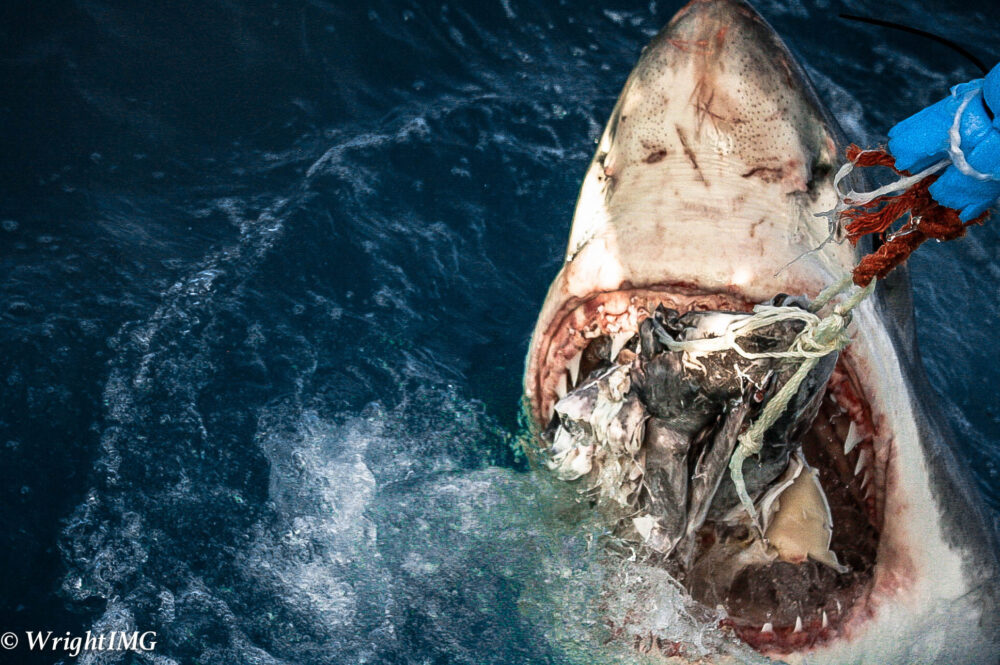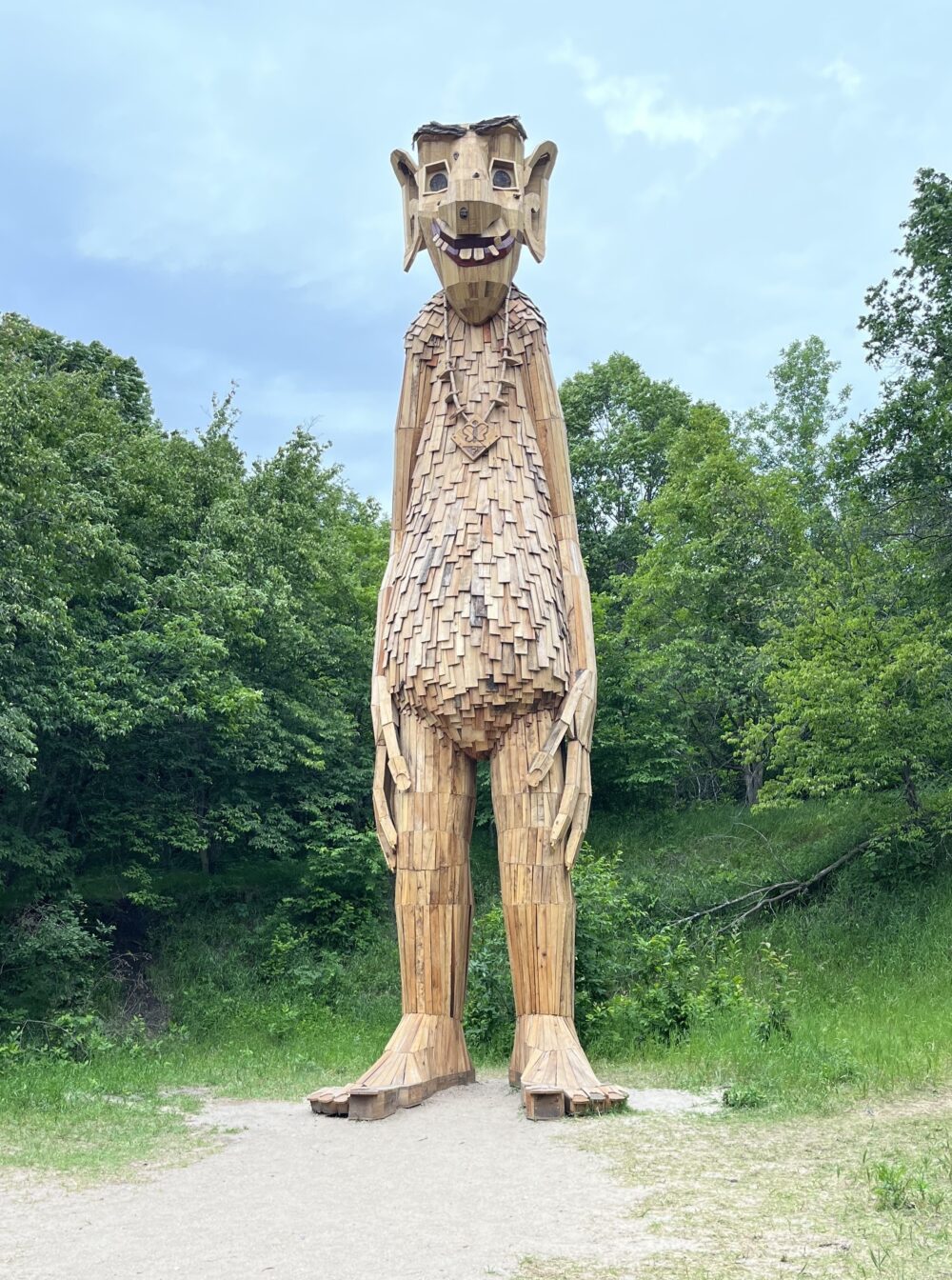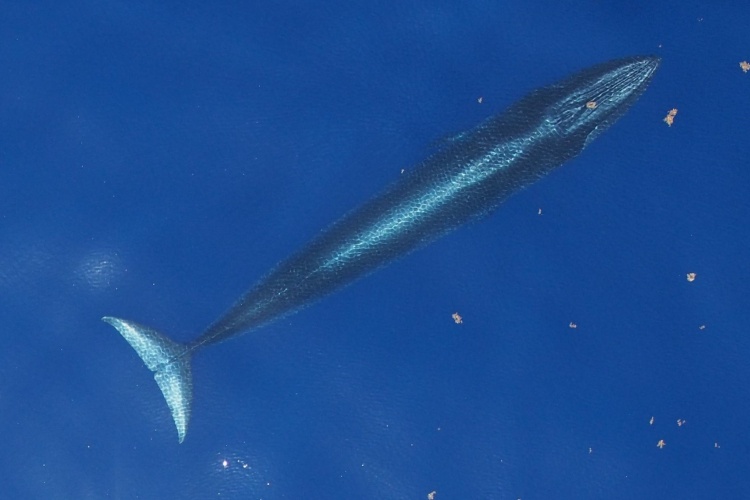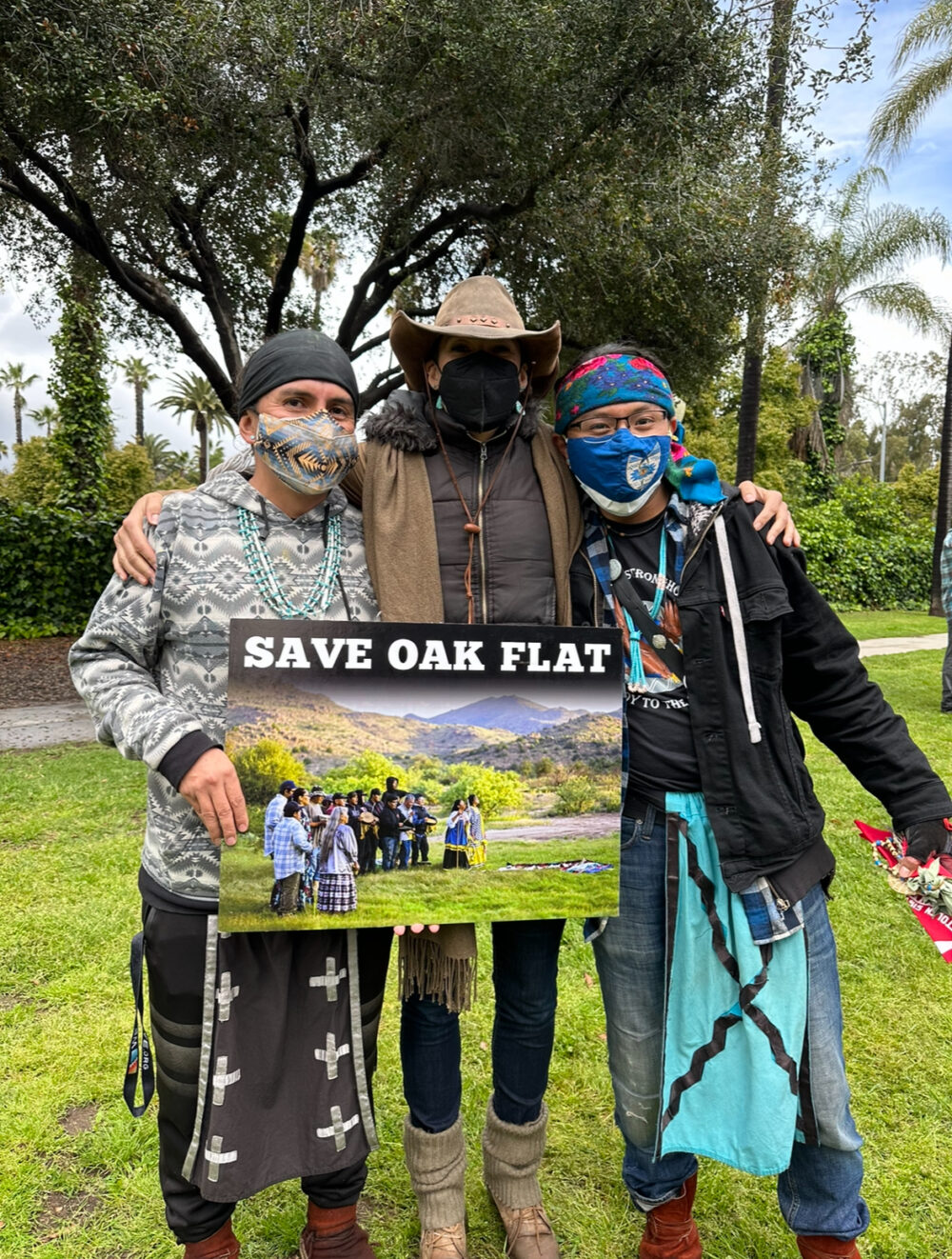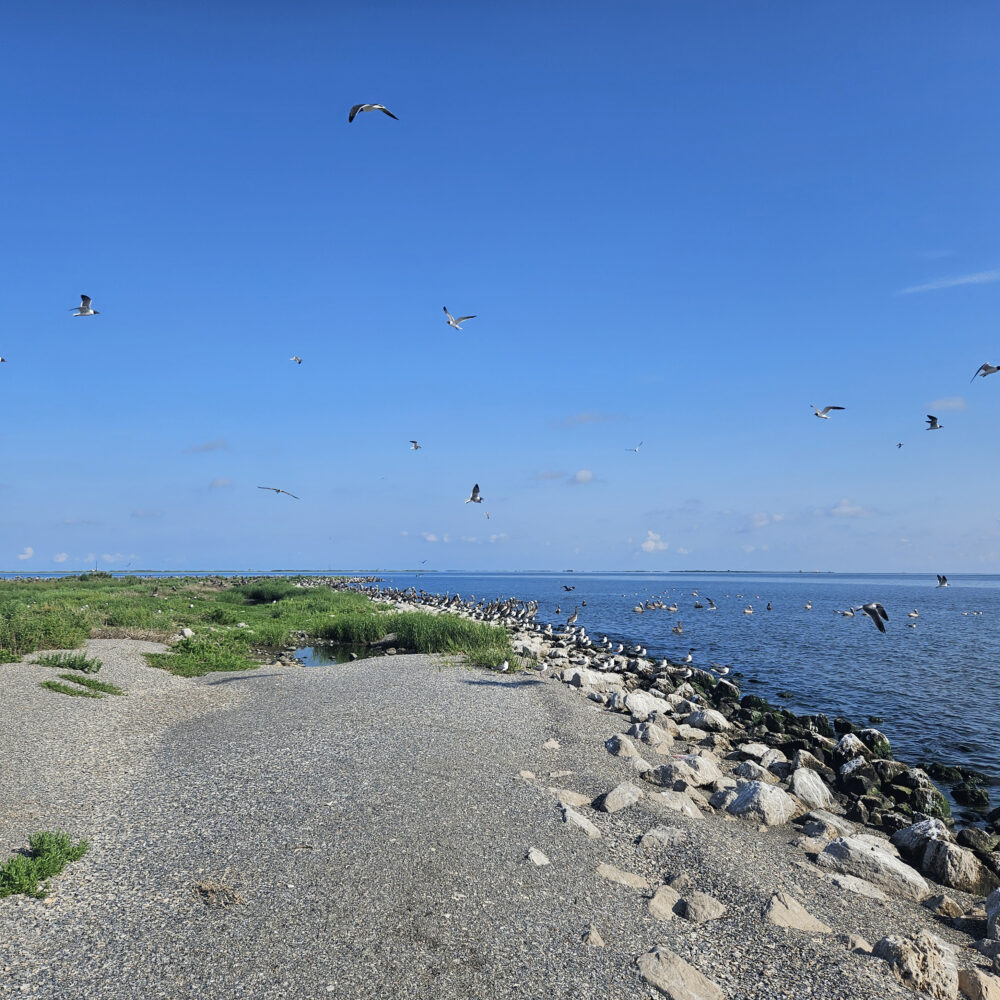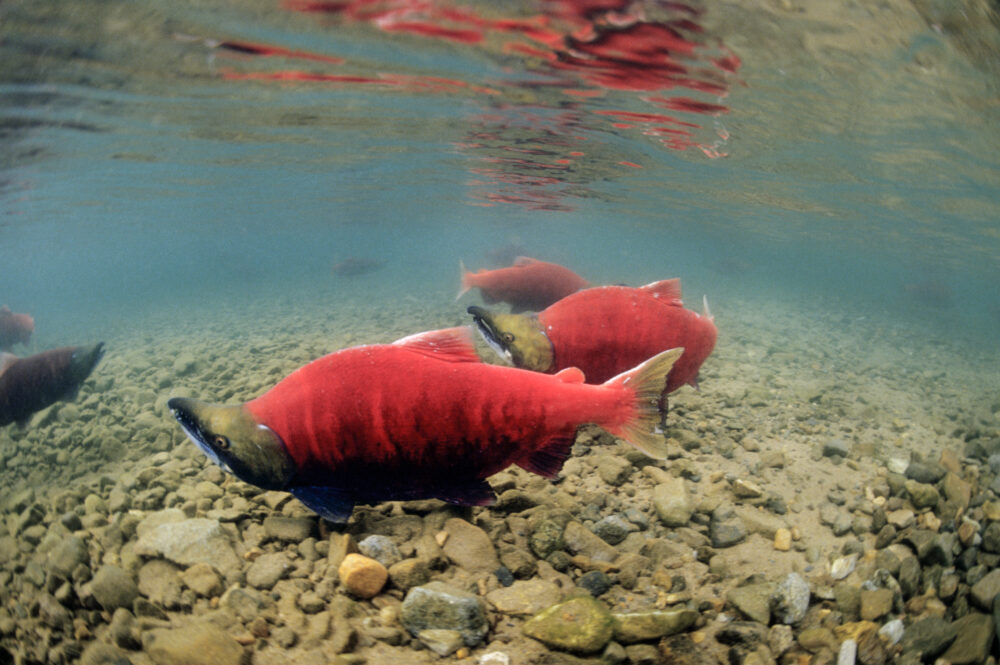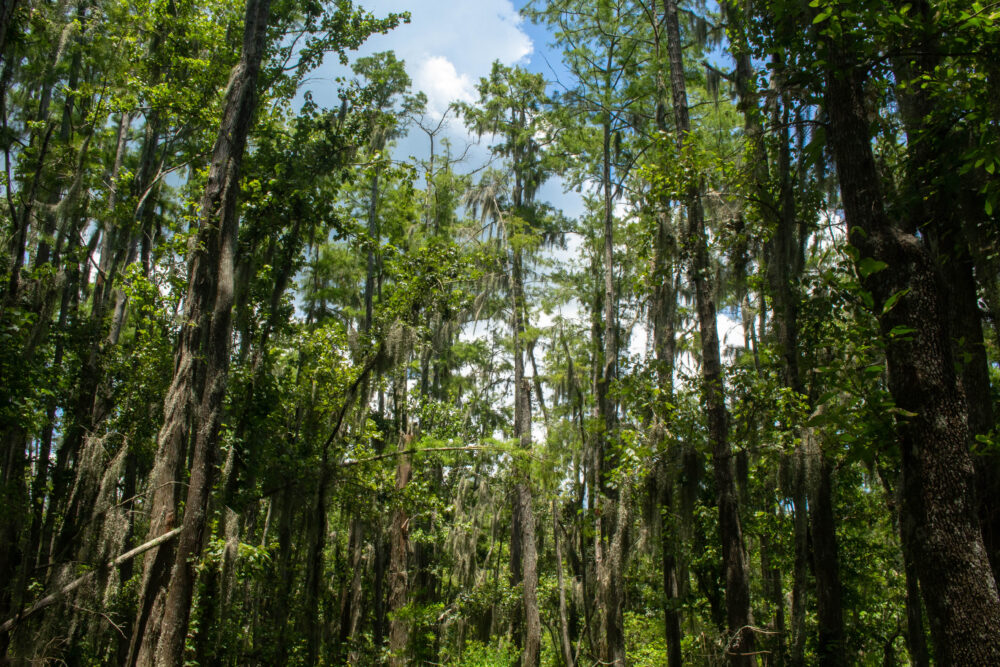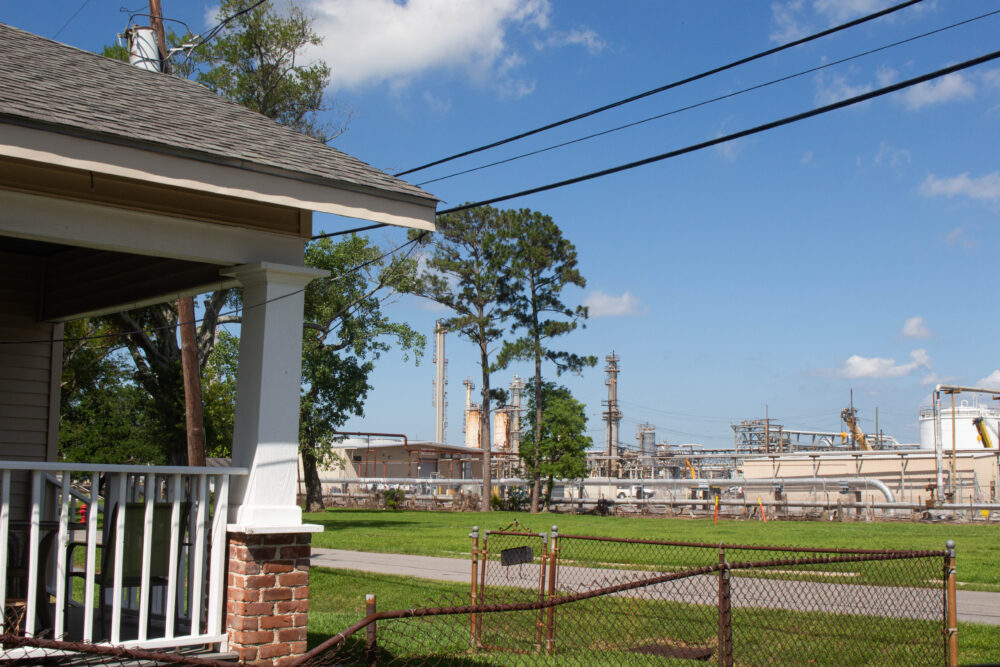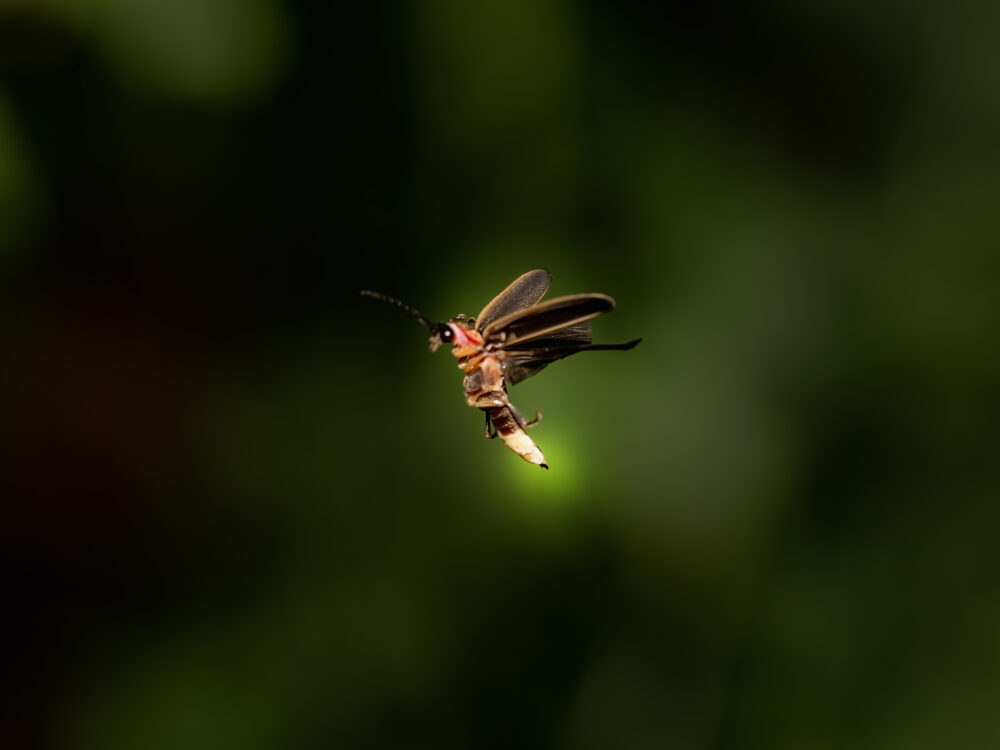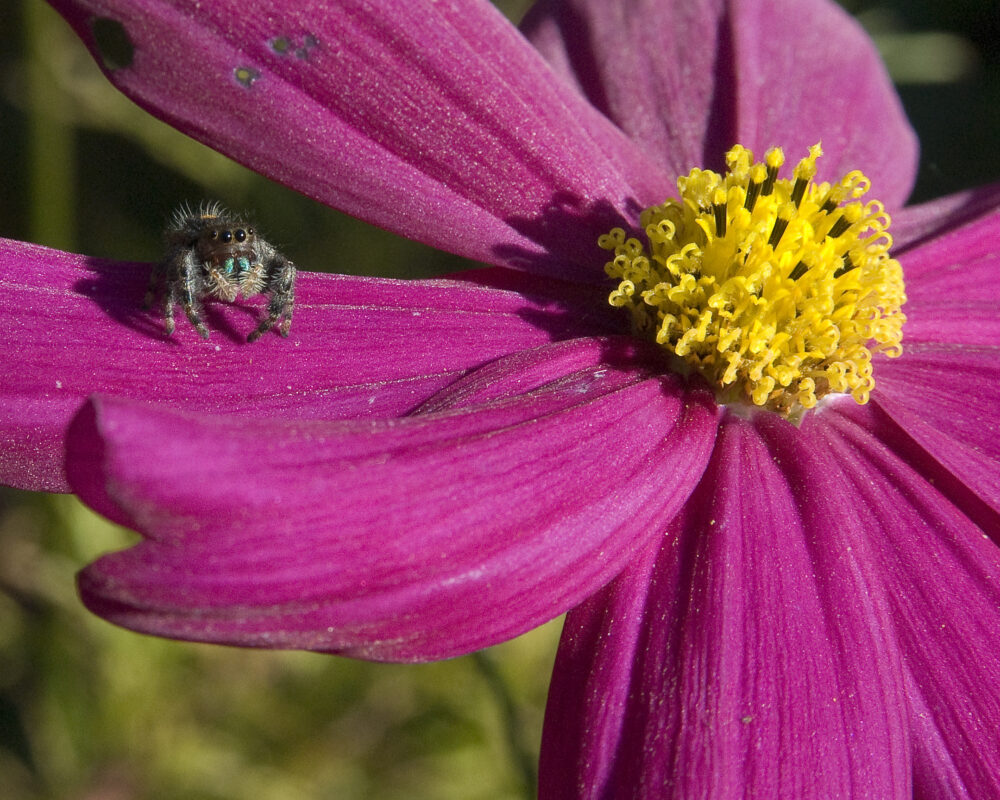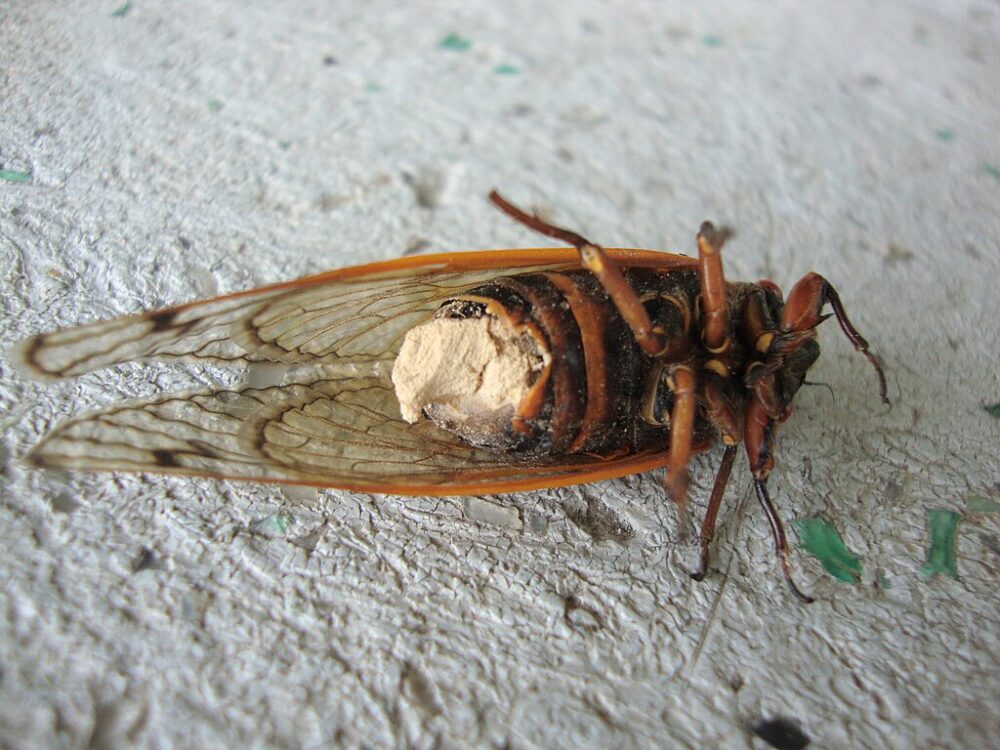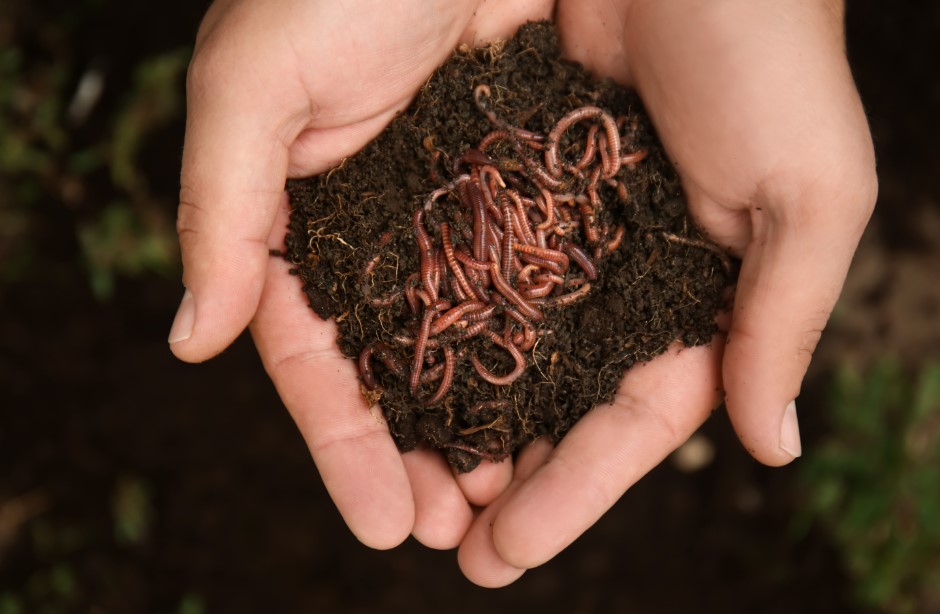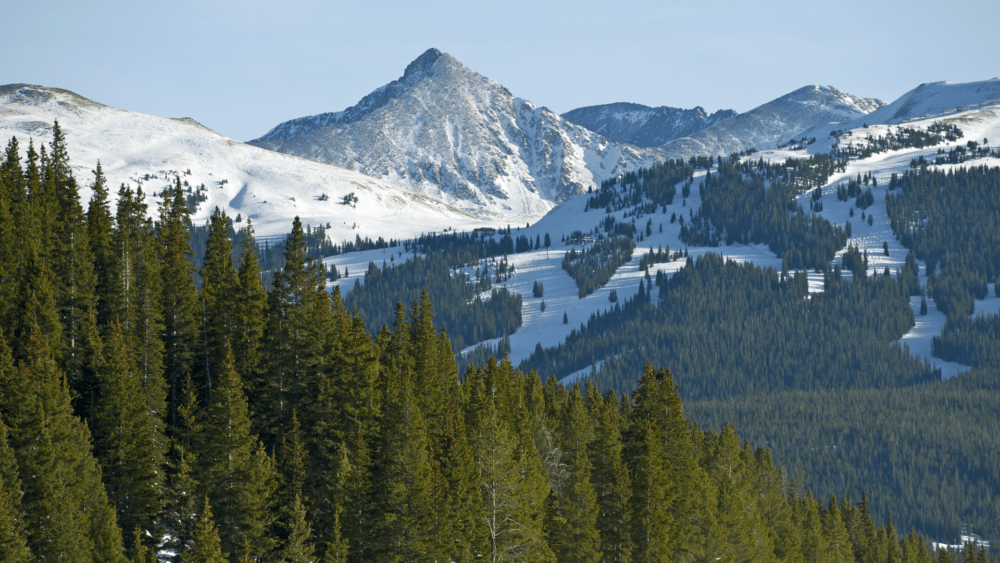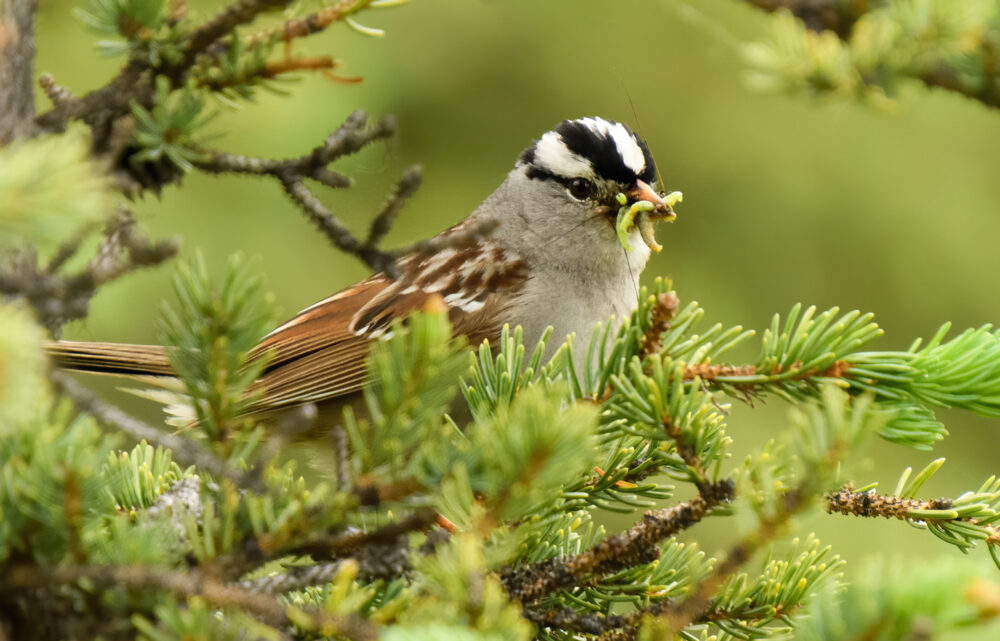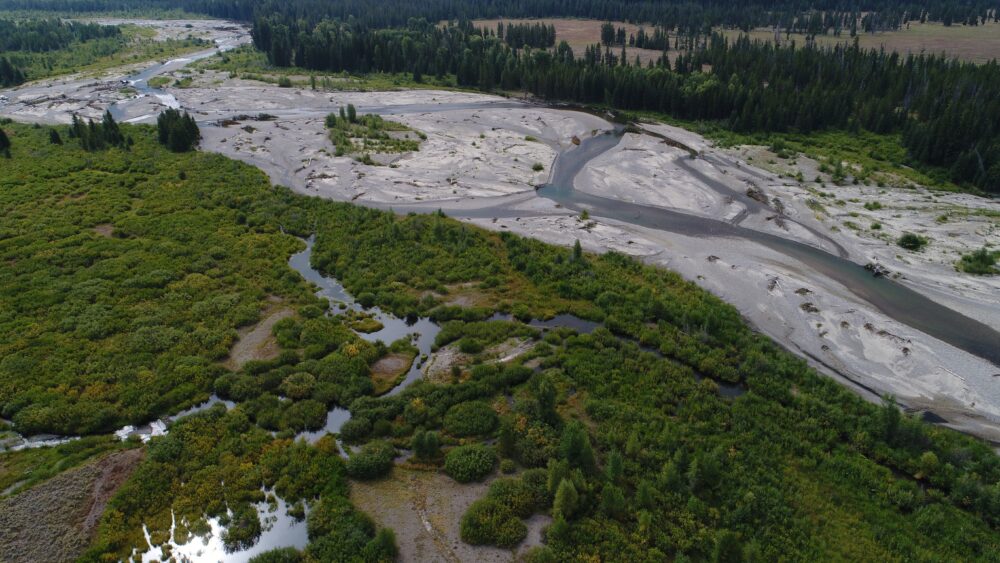We have much more to do and your continued support is needed now more than ever.
The Rare Seal Population that Spends its Life in Freshwater
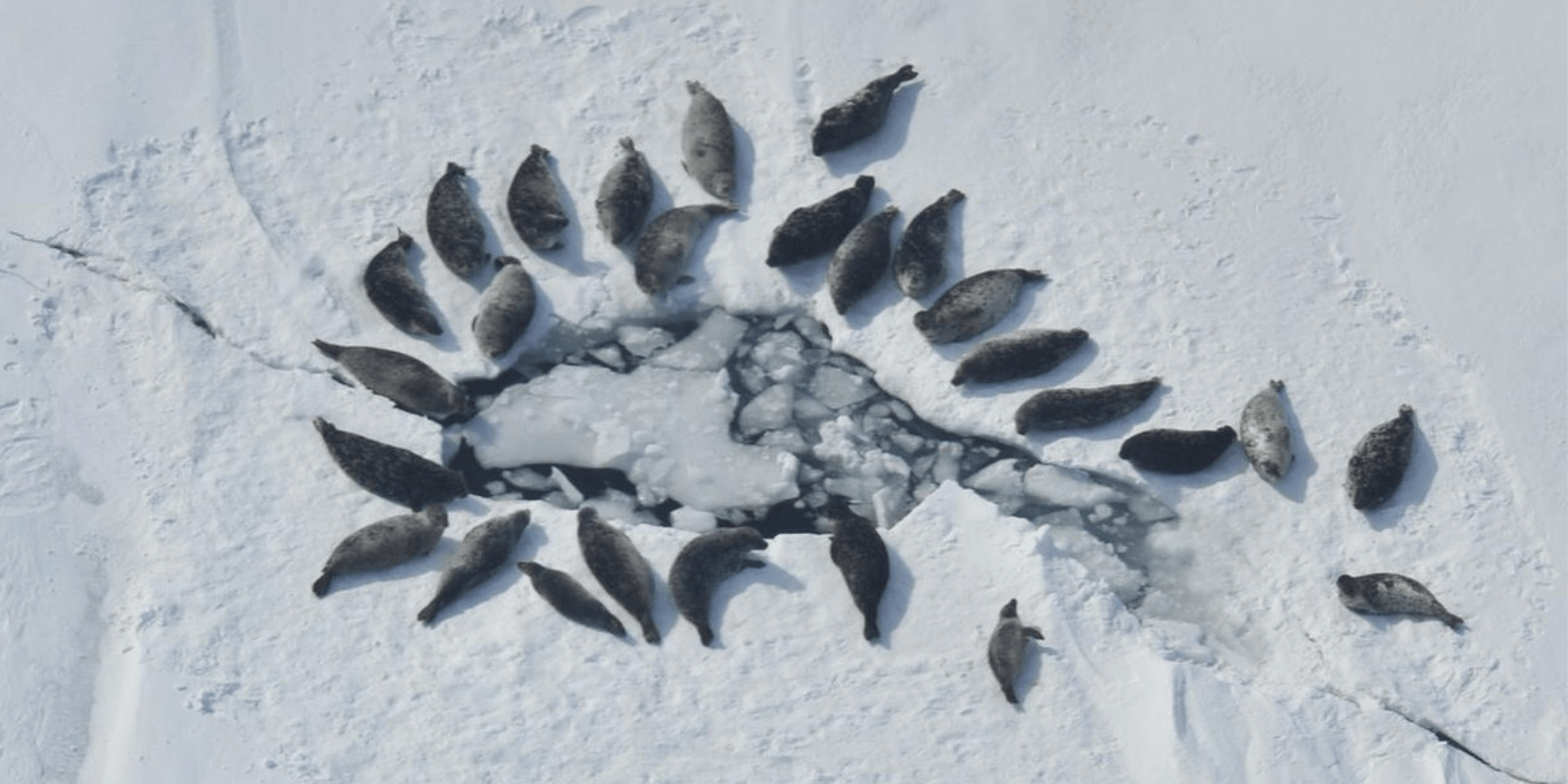
Iliamna Lake is the largest body of freshwater in Alaska and the home to a unique population of seal that spends its entire life in freshwater. Since most seal populations live in saltwater or travel between salt and freshwater, this population of Iliamna Lake seals is globally rare.
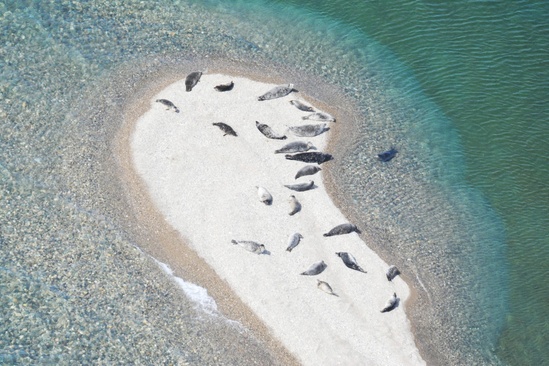
A study published in March 2019 found – based on chemical records in the seals’ teeth – that they are a unique population from the larger population of ocean-dwelling eastern Pacific harbor seals, discovering that these freshwater seals spend their entire lives in Iliamna Lake and eat a different diet than their counterparts. The study argues that due to the differences in habitat and diet, conservation programs to protect the Iliamna Lake seal population should be managed differently than conservation programs for coastal Eastern Pacific harbor seals.
Freshwater marine mammals are some of the most endangered wildlife populations on the planet – and there are only about 400 Iliamna Lake seals. Because the population is small and elusive, more time is needed to study the seals to determine the best way to conserve their habitat and protect their population. But a new open-pit copper and gold mine proposed in the Bristol Bay watershed – where Iliamna Lake is located – could jeopardize the Iliamna Lake seals’ survival and prevent scientists from being able to study them in their pristine habitat.
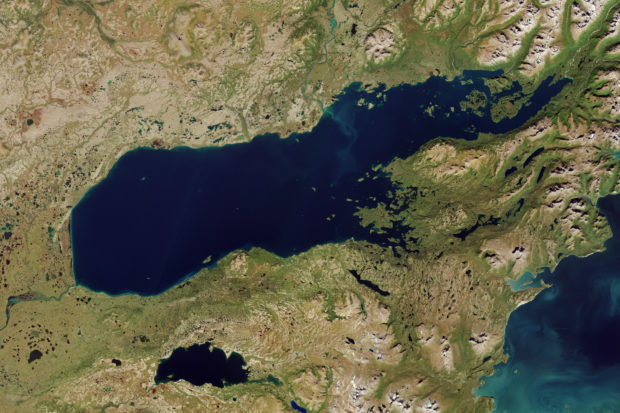
Contains modified Copernicus Sentinel data 2018
Pebble Mine
Just a few miles north of Iliamna Lake is a massive deposit of copper and gold. The Army Corps of Engineers is considering a permit application from Pebble Limited Partnership to create a massive open-pit mine up to two miles wide and 1,700 feet deep, as well as a mill, toxic mine tailings waste ponds, pipelines, roads, and more to accompany the operations.
The mine would have devastating impacts on the Bristol Bay watershed, including the pristine Iliamna Lake the unique freshwater seals call home. Along with the seals, this habitat is home to more than 190 species of birds, 40 species of mammals, and 29 species of fish. The Bristol Bay watershed also supports the most valuable wild salmon fishery in the world, supplying almost half of the world’s sockeye salmon.
Take Action: Tell the U.S. Army Corps of Engineers to protect the rare Iliamna Lake seals and stop Pebble Mine.
Take Action!

